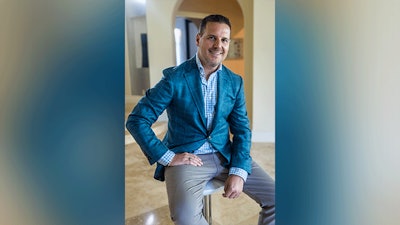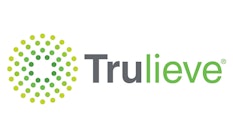
After naming Matt Darin president of Curaleaf in January, the Massachusetts-based multistate operator announced May 9 that Darin would lead the company as CEO. Darin founded Grassroots Cannabis in Illinois in 2014, a company Curaleaf acquired in July 2020, solidifying its position as one of the largest cannabis companies in the world.
Curaleaf is continuing to expand, with plans to open three new dispensaries in Florida by the end of May. The company also was one of seven cannabis businesses to launch adult-use sales in New Jersey in April, but that did not come without its challenges, as Curaleaf was only able to serve that market through one of its three stores in the state instead of the initially approved two.
Now at the helm of a company that has operations in 23 states, Darin, who appeared on Cannabis Business Times May cover, talked about top challenges in the industry and what helps him sleep at night in this Fast Take interview.
Biggest challenge in either launching or maintaining a cultivation operation:
Launching and scaling cultivation operations with a quality-first focus across a broad spectrum of facilities, markets, climates, and regulatory regimes.
Something most people don’t realize about running a cannabis business:
How many elements are involved – people, horticulture, manufacturing, operations, logistics, compliance, marketing, sales, and finance, just to name a few.
What keeps you awake at night:
I sleep well after a full day but the great responsibility of effectively leading 5,500 team members across 23 states is on my mind at night before bed.
What helps you sleep at night:
Knowing how many hardworking, knowledgeable, and committed team members I work with that are tirelessly executing on opportunities and navigating our challenges together.
Advice for new or existing cultivators who want to succeed in this industry:
Bring a resilient mindset every day and never lose the passion and excitement that brought you to the industry in the first place.
Read the May 2022 cover story here.























